How is dental disease in dogs treated?
When your dog starts avoiding hard kibble or rubbing its muzzle on the carpet, dental issues might be to blame—many owners miss these early signs until a vet visit reveals gingivitis or tartar buildup.
- Author
-
- Published at
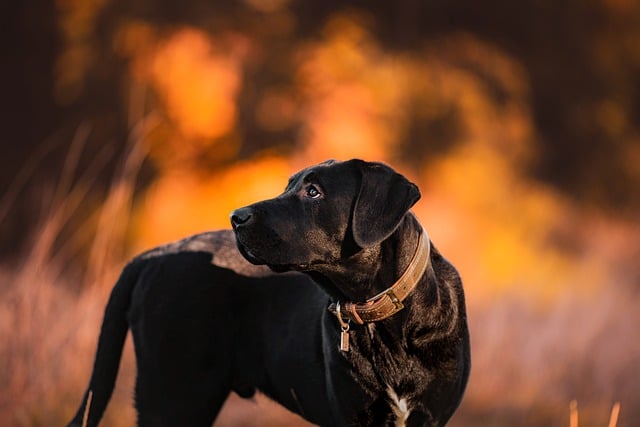
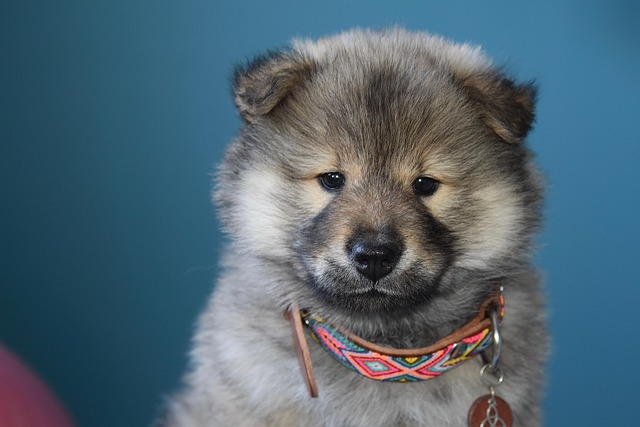
How often should a dog get their teeth cleaned?
Dog’s dental health ties directly to their overall well-being, and the frequency of teeth cleaning depends mostly on their age and lifestyle.
- Author
-
- Published at
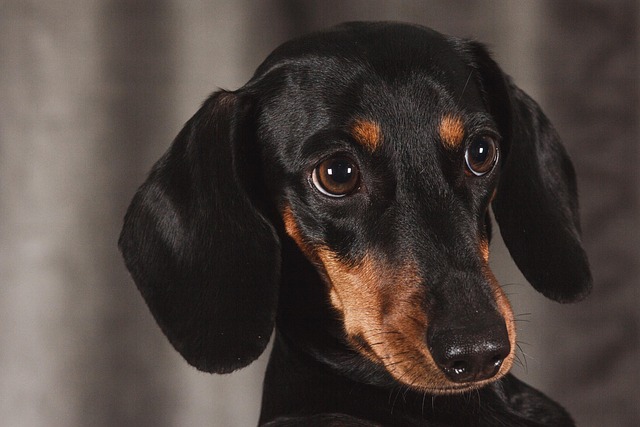
What are the stages of tooth decay in dogs
If you’re a new dog parent in the US—maybe you’re sitting on your Texas apartment floor, lifting your 1-year-old Lab mix’s lip to check her teeth
- Author
-
- Published at
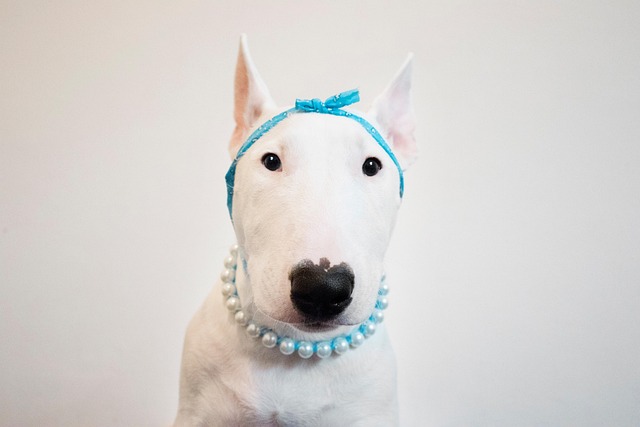
Is it normal for dogs to not eat after dental cleaning?
Many dog owners notice their pups turning up their noses at food after a dental cleaning, and it’s easy to panic. But in most cases, this temporary loss of appetite is actually quite common.
- Author
-
- Published at
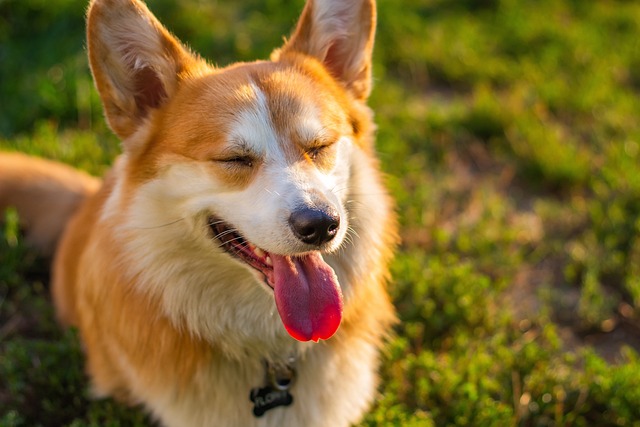
What is the #1 most diagnosed oral problem for dogs
That faint whiff of fishy breath when your Golden Retriever greets you isn't just "dog smell" – it's likely the first clue to canine periodontal disease
- Author
-
- Published at
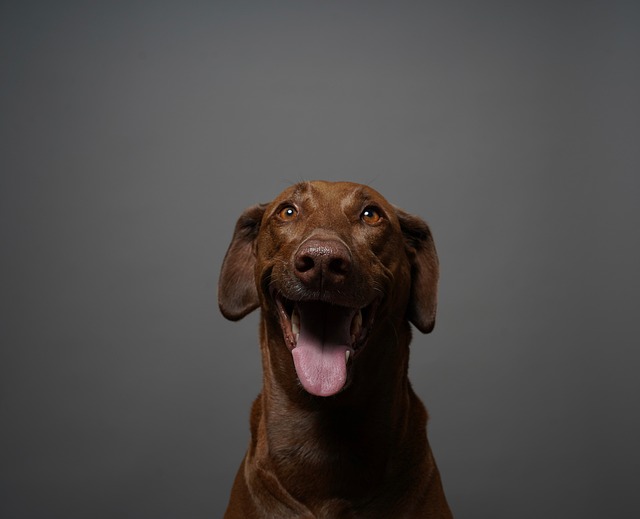
What is the most common dental issue in dogs?
That telltale whiff when your dog nuzzles your face—sometimes it's just"dog breath,"but other times, it's a red flag.If it smells sharp,almost metallic,or gets worse over time,chances are good you're dealing with the problem vets see more than any other:
- Author
-
- Published at
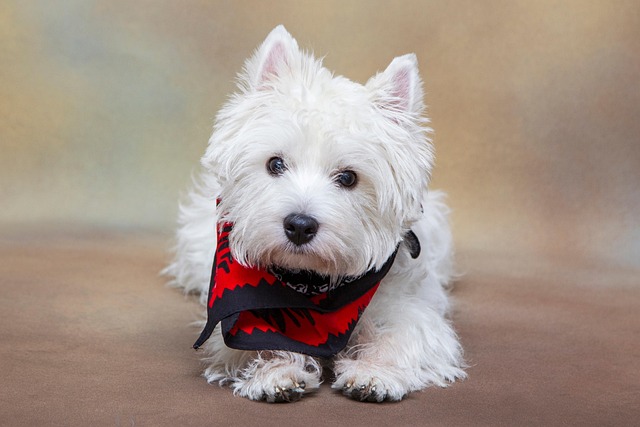
How often should a dog's teeth be professionally cleaned?
Dental health is a cornerstone of your dog's overall well-being, yet it's easy to overlook between vet checkups and daily walks. Professional teeth cleaning isn't just about fresh breath—it's a vital step in preventing gum disease,
- Author
-
- Published at